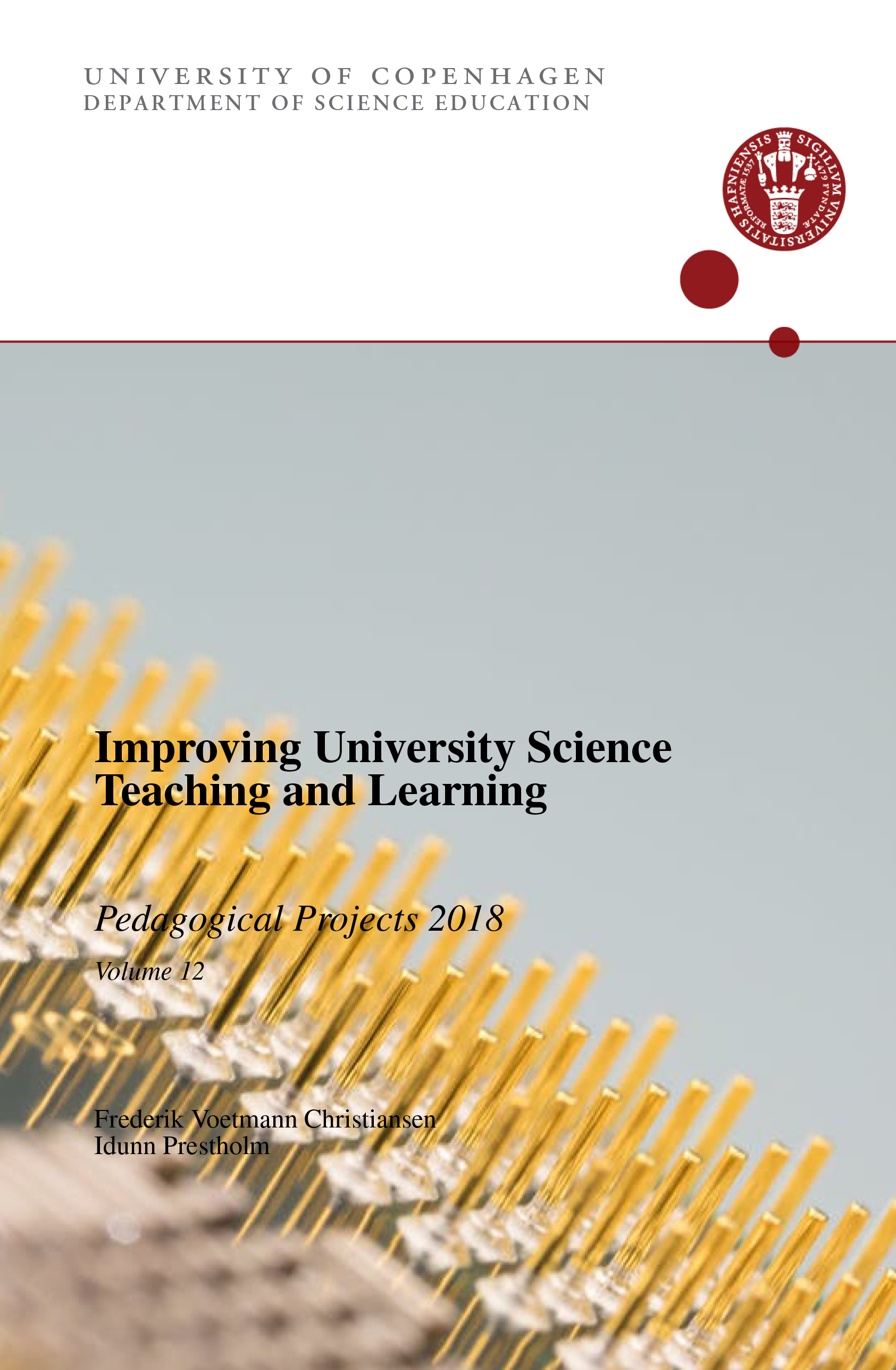Does diversity-based group formation work for students?
Keywords:
diversity, group formation, diverse students, international, inlcusive, interactive, strategyAbstract
Working in group is believed to benefit students learning outcomes and
develop better relationship, communication and team skills which are also important later in their professional life. However, previous research finds that these benefits may depend on the size, type and structure of the groups. I investigate whether groups formed by the teacher on the basis of academic and cultural diversity affects students perceived benefits and learning outcomes in an experiment implemented in a course “Advanced Development Economics” given for master’s students at the University of Copenhagen. I find that students diversity-based exogenous group formation increases learning outcomes as measured both by perceived new things learnt, better relationship, communication and team skills as well as final grades. However, the results also highlight the need for teachers to facilitate the group process, especially at the beginning, since diversity-based groups take some time before they function properly. While these results shade light on the role of diversity-based group formation in university teaching and learning, caution is required when interpreting the results given the small sample size and context of the experiment.
Downloads
Published
How to Cite
Issue
Section
License
Counting from volume 19 (2023), articles published in IUSTL are licensed under Creative Commons Attribution-NonCommercial 4.0 International License. The editorial board may accept other Creative Commons licenses for individual articles, if required by authors.
Articles in volume 1-18 are not licensed under Creative Commons. In these volumes, all rights are reserved to the authors. This implies that readers can download, read, and link to the articles, but they cannot republish the articles. Authors can upload their articles in an institutional repository as a part of a green open access policy.




